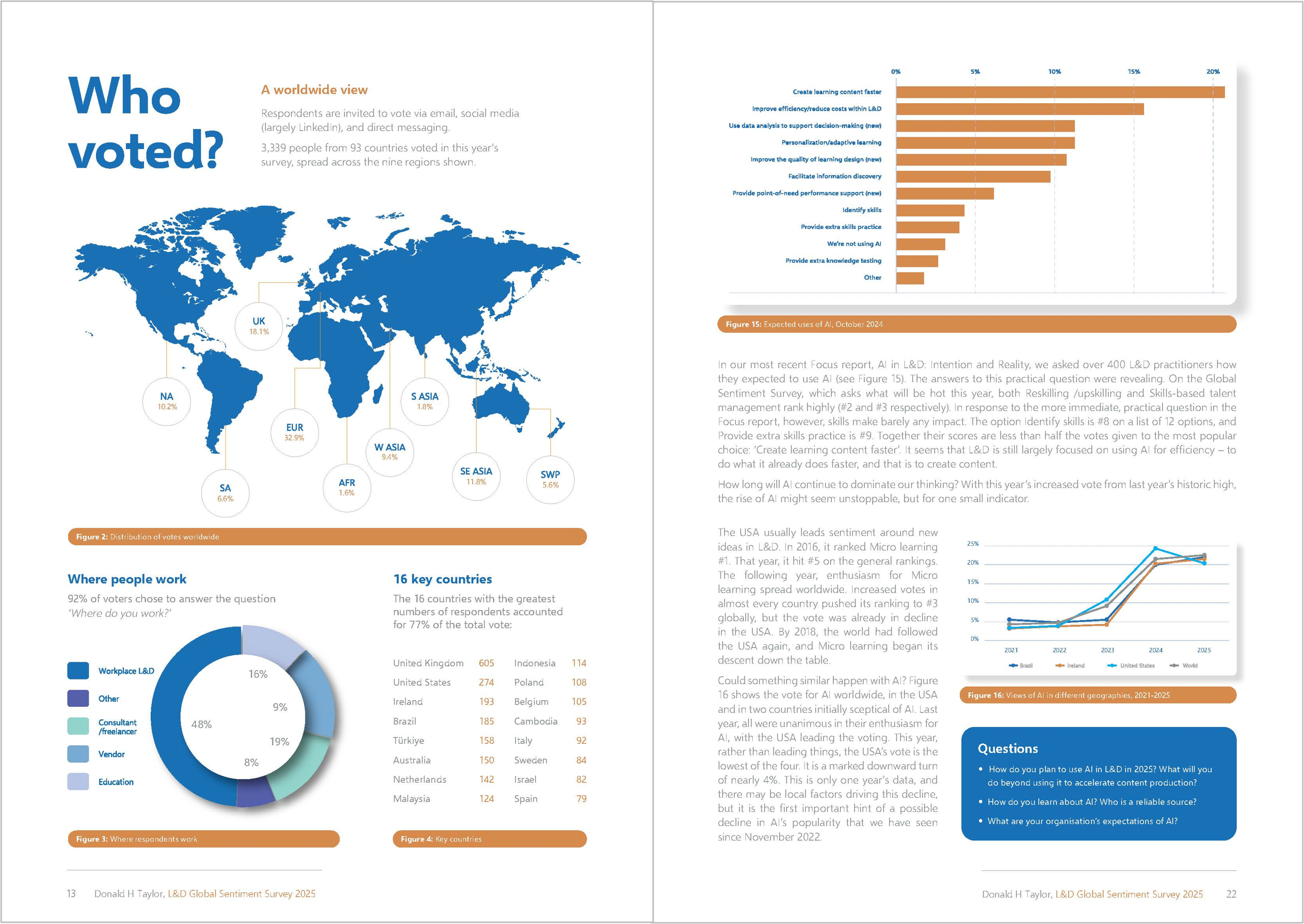The Leitch Review and Skills Pledges – a nightmare scenario

Back in December, I commented on the Leitch Review of Skills. The former head of Zurich Financial Services examined how to build the UK’s skills base to face the international economy in 2020. Among other things, the review identified the need to tackle the UK’s long tail of the low skills.
As part of this, employers were asked to sign a ‘skills pledge’ committing them to developing employees. How many private sector employers have signed the pledge in the past 5 months?
According to Personnel Today, none.
The public sector has apparently been more pro-active, with government departments employing 475,000 signing up.
Here’s the pledge as envisaged by Lord Leitch:
‘A major campaign, with public and private employer champions, to encourage employers to make a ‘Pledge’ that every relevant employee be enabled to gain basic and Level 2 equivalent skills. With key employers leading the way, the ‘Pledge’ can deliver significant early progress against the world class objectives at Basic Skills and Level 2.
(‘Level 2’ is 5 A-C grades at GCSE – the exams taken by most Britons at age 15/16).
The pledge has received mixed reactions – employers are wary of an introduction of compulsory training, which was apparently only avoided by CBI lobbying
However, if employers are not seen to be doing enough, then some form of compulsion for employers to train will be introduced in 2010. The Skills Envoy, ex-CBI boss Sir Digby Jones, has been vigorously promoting the role of skills, and will apparently focus on the Skills Pledge this summer.
The idea behind the pledge is good, but its practical implementation will be difficult, which is precisely why people aren’t signing up. First, employers train to internal competencies not external qualifications. Yet the government needs some form of measure to see what skills people have. At present qualifications is the only one they have.
It leaves me contemplating the following nightmare scenario:
- Most private sector employers put off signing any pledge as long as possible
- A compromise government deal provides a requirement to train only a proportion of employees to level 2
- Several training providers spring up offering ersatz Level 2 qualifications on the cheap
- Genuine training providers find their pricing undermined
- Employers’ training budgets are stretched as they try to meet pledge commitments and train to the competencies they actually require
- A year or two pass
- The gap between the aims of the pledge and the implementation receive widespread publicity
- Reaction provokes the creation of a bureaucracy to ensure minimum quality, this replicates much that already exists
- The skills gap between the UK and the rest of the world widens
How likely is this?
I hope it is unlikely, but the focus on measurable targets skews results. We have seen this as the British police aim to meet targets by solving easier – rather than more important – crimes. At the same time, schools fixated on league tables concentrate on teaching subjects that pupils are more likely to pass, regardless of their value.
And the ghost at the feast is the spectre of the Individual Learning Accounts(£268m spent, amount lost to fraud unknown, value created uncertain and unmeasured). The ILA shows how rapidly unscrupulous training providers will spring up where money is available. Add compulsion, and I fear the lure will be irresistible.
I do hope that I am proved wrong.


